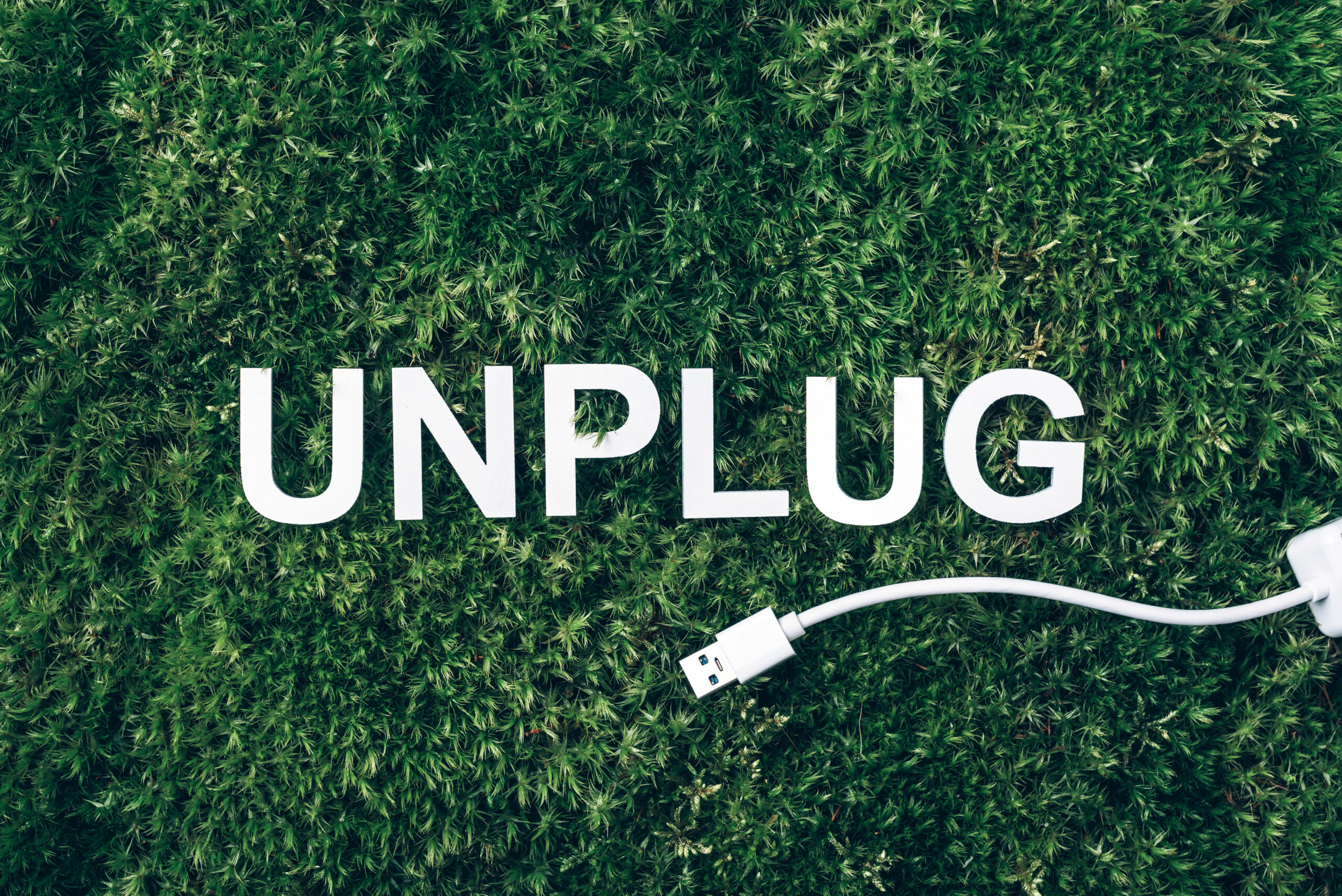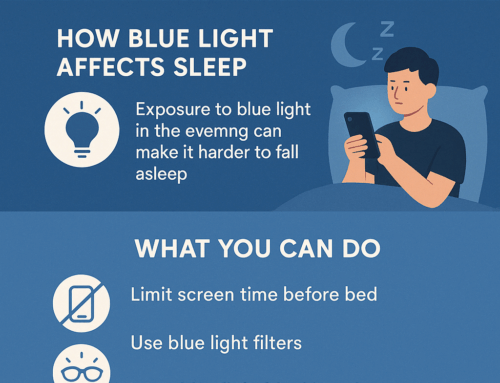In our hyper-connected world, it’s easy to become overwhelmed by the constant barrage of notifications, social media updates, and the pressure to stay digitally engaged. While technology offers numerous benefits, its overuse can negatively impact mental health. A digital detox, or what some refer to as a tech detox, is when a person refrains from using digital devices for a specific period. It can be a powerful tool to restore balance and improve well-being. Here are some compelling reasons to consider a digital detox and the mental health benefits it can offer.
- Reduces Stress and Anxiety
Constant Connectivity: The never-ending stream of emails, messages, and notifications can create a sense of urgency and stress. Being constantly plugged in can lead to overwhelmed feelings and anxiousness.
The benefit of Detox: Taking a break from digital devices allows you to relax and decompress. This break can reduce stress levels and provide a sense of calm.
- Improves Sleep Quality
Digital Disruption: The blue light emitted by screens can interfere with the production of melatonin, the hormone that regulates sleep. Additionally, the mental stimulation from engaging with digital content can make it harder to wind down.
The benefit of Detox: A digital detox, especially before bedtime, can improve sleep quality. Without the interference of screens, your body can produce melatonin naturally, leading to more restful sleep. Many glasses on the market block blue light and can help you if you need to log on shortly before bedtime.
- Enhances Focus and Productivity
Digital Distractions: Frequent notifications and the temptation to check social media can disrupt focus and productivity. Multitasking between digital platforms can scatter attention and reduce efficiency.
The benefit of Detox: A digital detox can help you regain focus and improve productivity. Without constant digital interruptions, you can concentrate better on tasks and complete them more efficiently.
- Boosts Mental Clarity and Creativity
Digital Overload: Consuming vast amounts of information online can lead to cognitive overload, making processing and retaining information difficult. This overload can stifle creativity and clear thinking.
The benefit of Detox: Stepping away from digital devices allows your mind to rest and recharge. This mental break can lead to greater clarity, better decision-making, and a boost in creativity.
- Improves Real-Life Social Connections
Virtual vs. Real Interaction: While digital communication can keep us connected, it often lacks the depth and quality of face-to-face interactions. Relying too much on digital communication can lead to feelings of loneliness and isolation.
The benefit of Detox: A digital detox encourages more meaningful, in-person interactions. Strengthening real-life relationships can improve emotional well-being and provide community and support.
- Promotes Mindfulness and Presence
Digital Distraction: Constant engagement with digital devices can pull you away from the present moment, making it challenging to experience and enjoy life fully.
The benefit of Detox: A digital detox fosters mindfulness, allowing you to be more present in your daily activities. Mindfulness can reduce stress, enhance gratitude, and improve overall mental health.
- Encourages Healthier Lifestyle Choices
Sedentary Behavior: Excessive screen time often leads to a sedentary lifestyle, which can negatively impact physical health and, consequently, mental health.
The benefit of Detox: A digital detox can encourage more physical activity, outdoor time, and healthier lifestyle choices. Regular physical activity improves mood, reduces anxiety, and boosts overall mental health. For more information on how exercise can improve depression and anxiety, visit our blog.
How to Start a Digital Detox
Set Clear Goals: Decide what you want to achieve with your digital detox. Whether it’s reducing stress, improving sleep, or enhancing productivity, having clear goals can help you stay focused.
Create Boundaries: Establish specific times and areas where digital devices are off-limits, such as during meals or before bedtime.
Gradual Reduction: If a complete detox feels overwhelming, gradually reduce screen time. For example, limit social media use to certain hours or turn off non-essential notifications.
Find Alternatives: Engage in activities that don’t involve screens, such as reading a book, going for a walk, or spending time with loved ones.
Stay Accountable: Share your digital detox plan with friends or family members who can support and encourage you.
In an era dominated by digital connectivity, taking the time for a digital detox can have profound benefits for your mental health. By reducing stress, improving sleep, enhancing focus, and fostering real-life connections, a digital detox can help you reclaim balance and well-being. Whether for a day, a week, or longer, giving yourself a break from digital devices can lead to a healthier, happier life.







Leave A Comment